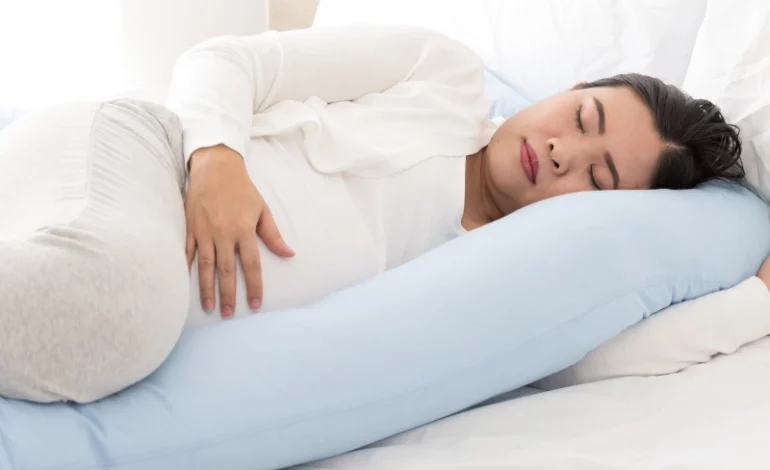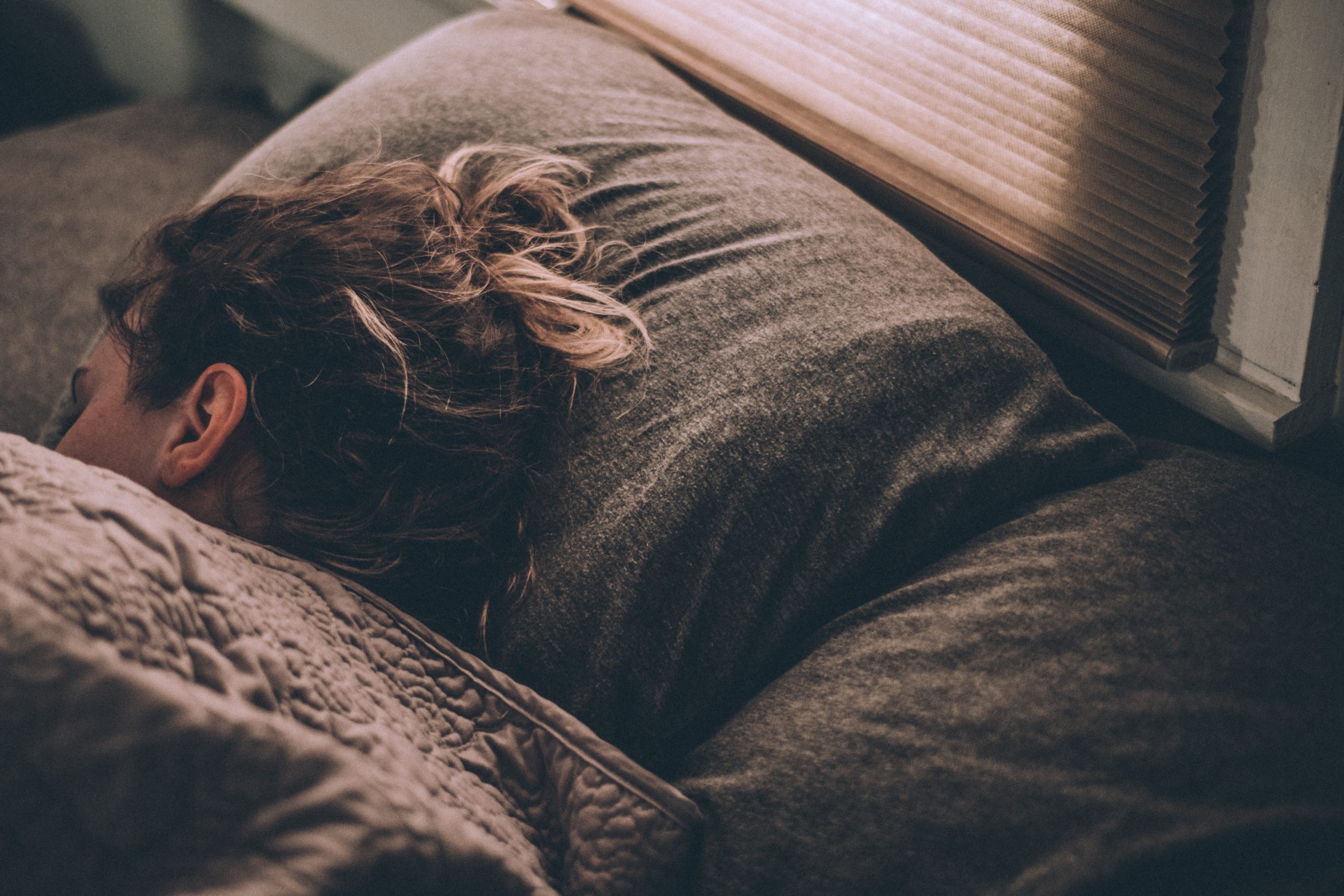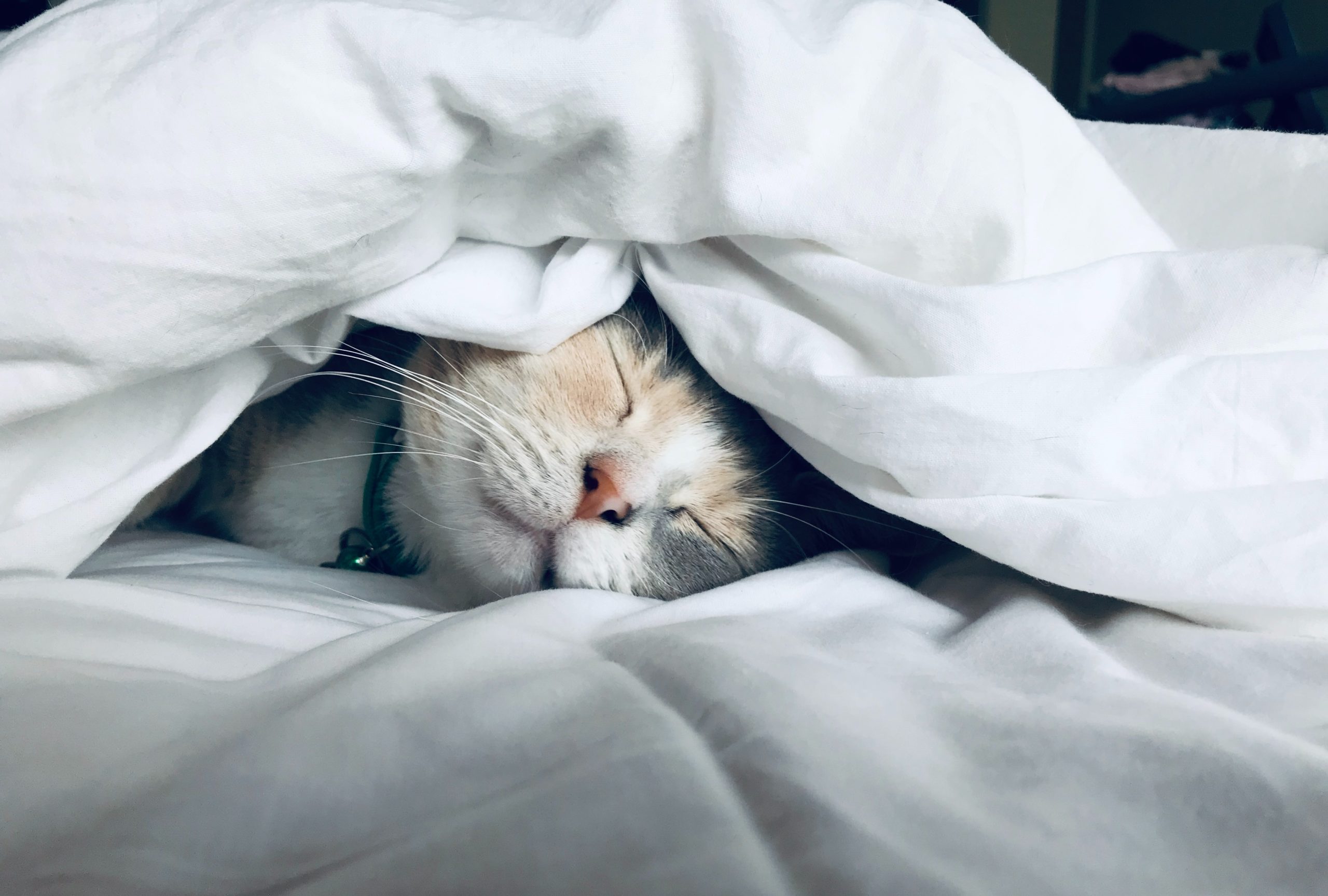
Understanding the intricate connection between hormones and sleep can unlock new pathways to better rest. As we explore this fascinating relationship, you’ll discover how hormonal imbalances may be affecting your nights and what steps you can take to restore harmony for more restful slumber. Let’s delve into the world of hormones and uncover secrets that could lead to sweeter dreams!
The Role of Hormones in Sleep Patterns
Hormones are essential for regulating sleep cycles. They influence when we feel alert and when it’s time to wind down. Key players include melatonin, cortisol, and serotonin.
Melatonin is often called the “sleep hormone.” Produced by the pineal gland, it helps signal our body that nighttime has arrived. As darkness falls, melatonin levels rise, preparing us for rest.
Cortisol, on the other hand, is known as a stress hormone. High levels can disrupt sleep by keeping you alert when you should be resting. Ideally, cortisol peaks in the morning and declines throughout the day.
Serotonin also plays a role in promoting good sleep quality; it’s a precursor to melatonin production. A healthy balance among these hormones creates an optimal environment for restorative rest each night.
Common Hormonal Imbalances and Their Effects on Sleep
Hormonal imbalances can wreak havoc on our sleep quality. When levels of cortisol, the stress hormone, are elevated, it may lead to restless nights and increased awakenings.
Estrogen and progesterone also play crucial roles in regulating sleep patterns. Women experiencing fluctuations during their menstrual cycle or menopause might find themselves tossing and turning due to hot flashes or mood swings.
Thyroid hormones influence metabolism and energy levels too. An underactive thyroid can cause fatigue during the day, making it harder to fall asleep at night.
Low testosterone levels in men can result in disrupted sleep cycles as well. This imbalance often leads to feelings of lethargy, further complicating nightly rest.
Recognizing these hormonal disruptions is key for anyone struggling with chronic sleep issues. Understanding how hormones interact with our bodies opens doors to better solutions for restful slumber.
How to Improve Sleep through Hormone Balance
Maintaining a healthy hormone balance is crucial for achieving restful sleep. Start by incorporating regular exercise into your routine. Physical activity can help regulate hormones like cortisol and insulin, contributing to better sleep quality.
Next, pay attention to your diet. Foods rich in magnesium, omega-3 fatty acids, and vitamins B6 and D can support hormonal health. Consider adding leafy greens, fish, nuts, and seeds to your meals.
Mindfulness techniques such as meditation or yoga can also promote relaxation. These practices reduce stress hormones that often disrupt sleep patterns.
Additionally, establish a consistent bedtime routine. Going to bed at the same time each night helps signal your body when it’s time to wind down.
Limit exposure to screens before bedtime. Blue light from devices interferes with melatonin production—essential for regulating sleep cycles.
Natural Ways to Regulate Hormones for Better Sleep
Regulating hormones naturally can significantly enhance sleep quality. One effective method is through diet. Incorporating omega-3 fatty acids, found in fish and flaxseeds, supports hormone production.
Regular exercise also plays a crucial role. Engaging in moderate physical activity helps balance cortisol levels while promoting the release of endorphins. Aim for at least 30 minutes most days.
Mindfulness practices like yoga and meditation reduce stress hormones and promote relaxation before bedtime. These techniques help calm the mind and prepare your body for restful sleep.
Maintaining a consistent sleep schedule reinforces your body’s internal clock. Going to bed and waking up at the same time daily encourages hormonal harmony.
Consider herbal remedies such as chamomile or valerian root tea before bedtime. These natural options can soothe anxiety while aiding in achieving deep restfulness throughout the night.
Seeking Professional Help for Severe Hormonal Imbalances
When hormonal imbalances become severe, self-diagnosing or relying on home remedies may not suffice. It’s essential to seek professional guidance. A healthcare provider can conduct specific tests to identify underlying issues that are affecting your sleep.
An endocrinologist specializes in hormones and can offer targeted treatments tailored to your unique situation. They understand the complex interactions between various hormones and how they impact overall health.
Additionally, professionals can suggest lifestyle changes or medication options based on comprehensive evaluations. This personalized approach often leads to more effective solutions than general advice found online.
If you’re experiencing persistent sleep disturbances despite making adjustments, don’t hesitate to reach out for expert assistance. Your well-being deserves a thorough investigation and a solid plan of action for recovery and improved sleep quality.
The Importance of Addressing Hormonal Imbalances for Optimal Sleep Health
Addressing hormonal imbalances is crucial for achieving optimal sleep health. Sleep and hormones share a deep connection that cannot be overlooked. When our hormones are out of sync, it can lead to restless nights and groggy mornings.
Hormones like cortisol, melatonin, estrogen, and testosterone all play vital roles in regulating sleep cycles. An imbalance can disrupt these cycles, making it hard to fall asleep or stay asleep throughout the night. This disruption affects overall well-being.
Prioritizing hormone balance not only improves your sleep quality but also enhances mood, energy levels, and cognitive function during the day. Making lifestyle changes such as adopting healthier eating habits or incorporating stress-reduction techniques can significantly help regulate hormones.
For those experiencing persistent issues with sleep due to hormonal concerns, seeking guidance from healthcare professionals becomes important. They can provide personalized insights based on individual circumstances.
Understanding the relationship between hormones and sleep empowers individuals to take control of their health journey. By addressing any imbalances early on, you pave the way towards better rest and a more vibrant life ahead.









